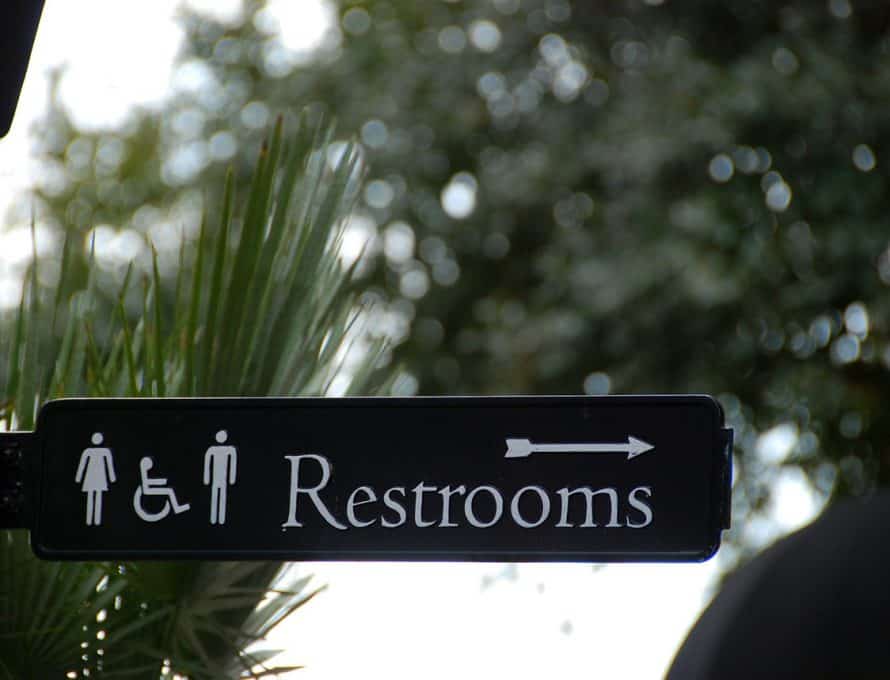BOSTON (WNS) – Massachusetts has become the latest state to approve protected class status for transgender persons, and churches should not expect any exemption from the law that goes into effect Oct. 1.
According to the Gender Identity Guidance report by the Massachusetts Commission Against Discrimination, churches be can considered places of public accommodation and subjected to fines and penalties for not accommodating transgender persons in accordance with their gender identity.
The push to revoke religious liberty protections for churches and faith-based organizations that object to the new definitions of sexuality and gender extends to the federal government, which recently issued its own report about ways to enforce the new cultural order. (See companion story on this page, titled “New report endangers liberty.”)
The recently amended Massachusetts nondiscrimination law would require churches to allow biological males or biological females to use the restroom and changing facilities that comport to their gender identity during any “secular event.” Violators could be fined up to $2,500 and face up to one year in prison—or both.
But opponents object to describing churches as places of public accommodation.
“They are places of public worship, and this distinction is critical to understand and protect the constitutional rights of churches to speak and use their buildings only in ways that are consistent with their faith,” Erik Stanley, senior counsel with Alliance Defending Freedom, told me. “The public is not invited to a church to act as they please.”
Stanley said the fundamental nature of a church does not change when it opens its doors for events not associated with worship. To assume it does is to misunderstand the role of religion under the First Amendment—and that of church in society.
“Churches invite the public as a means of outreach and to evangelize,” he said. “Those outreach efforts do not translate them into places the government can regulate.”

